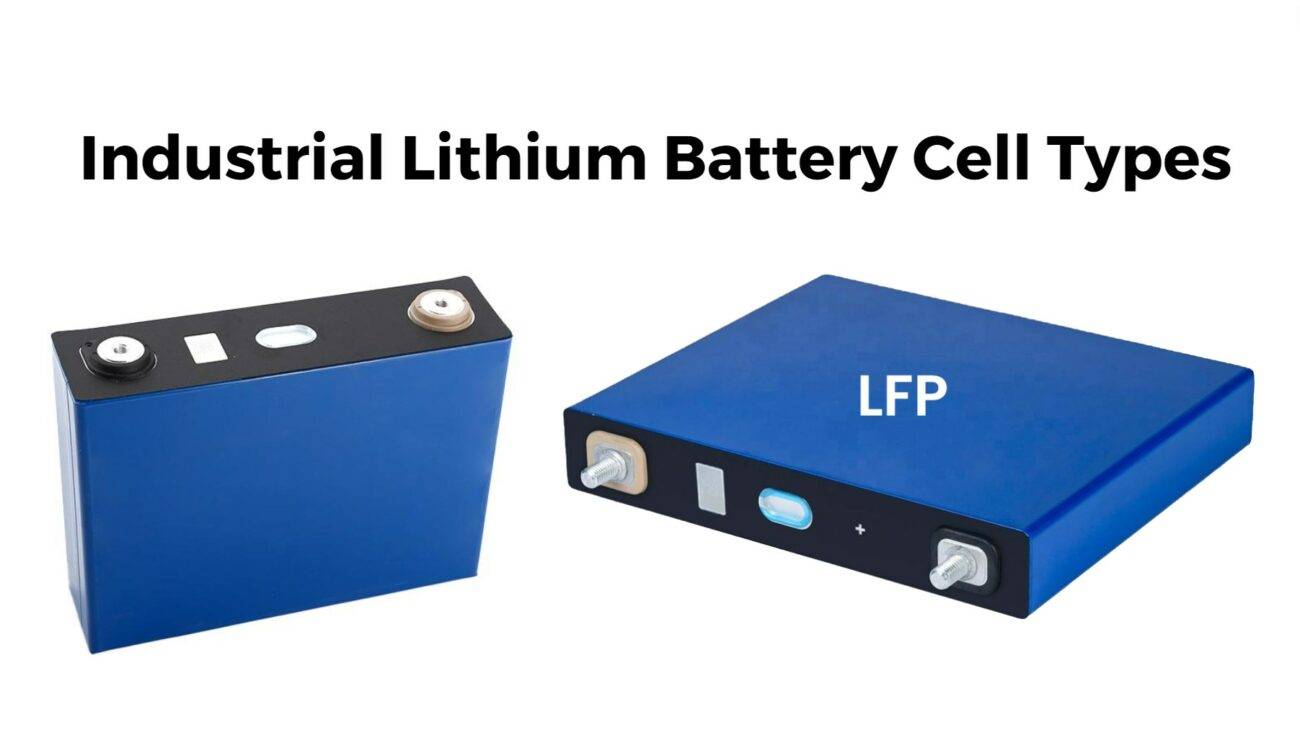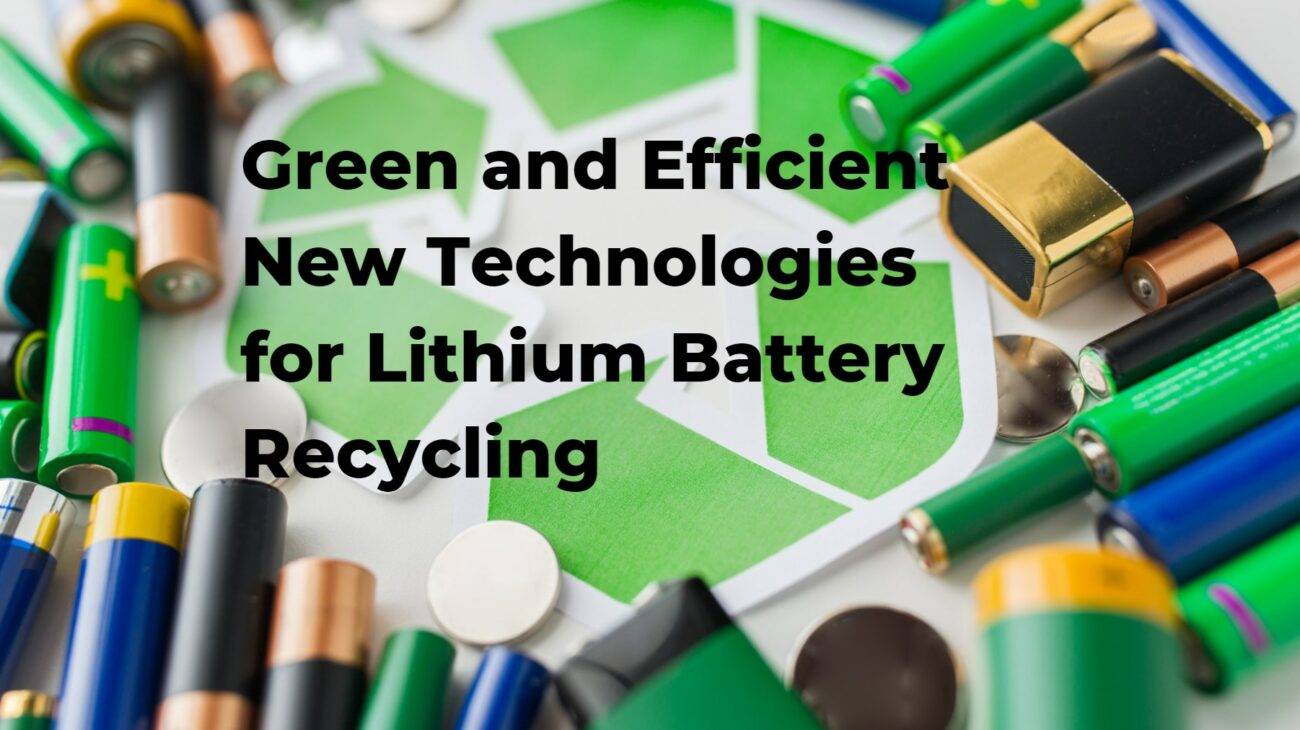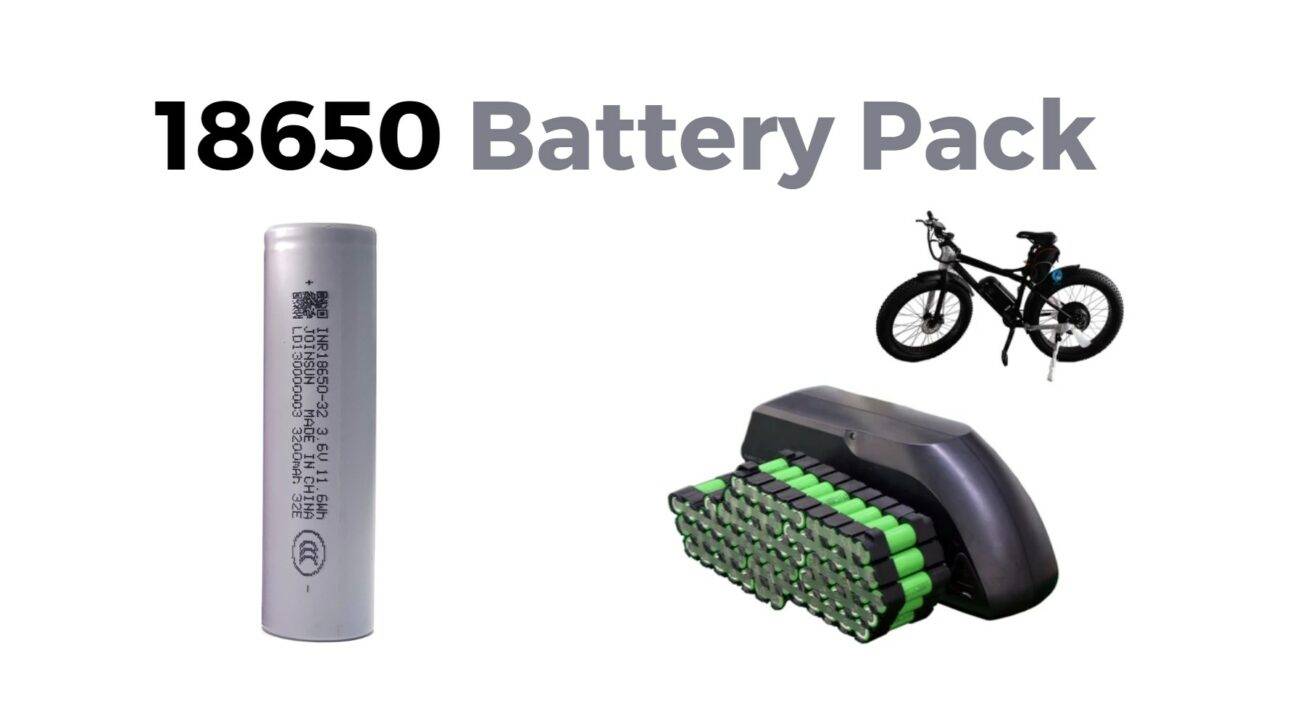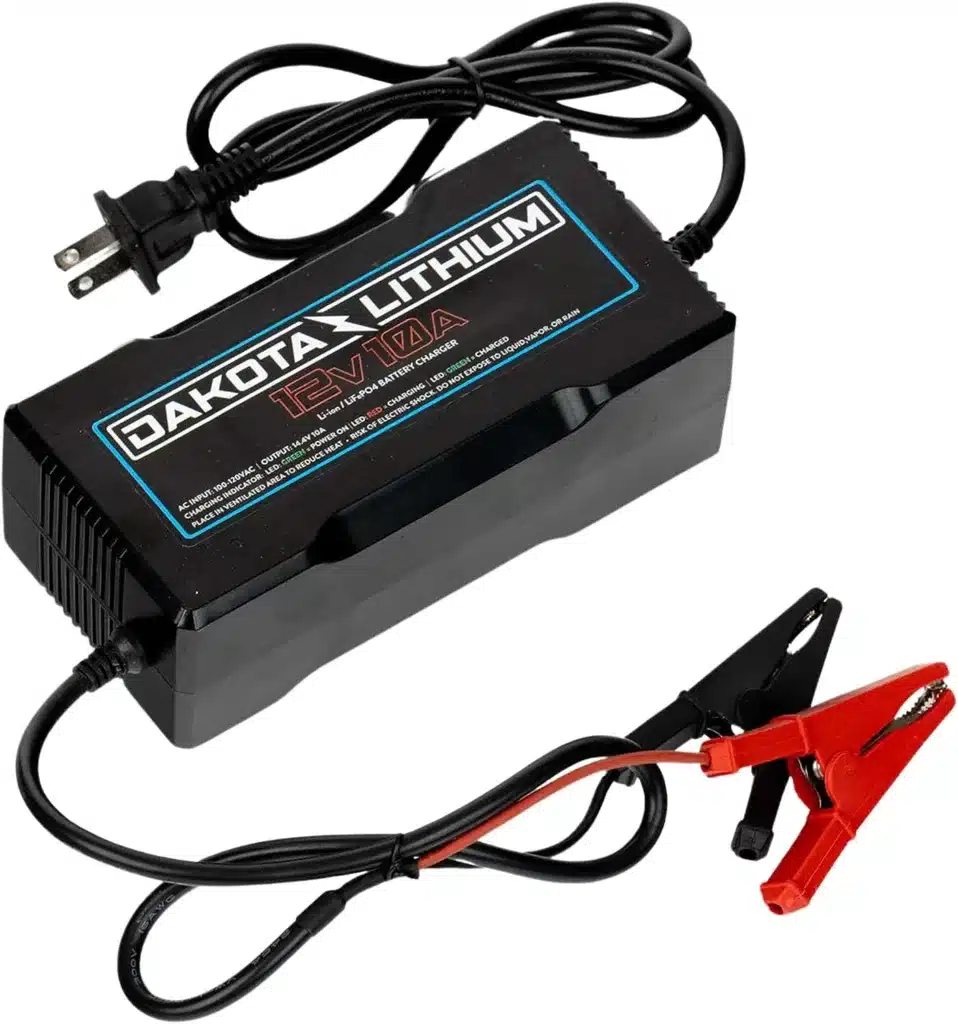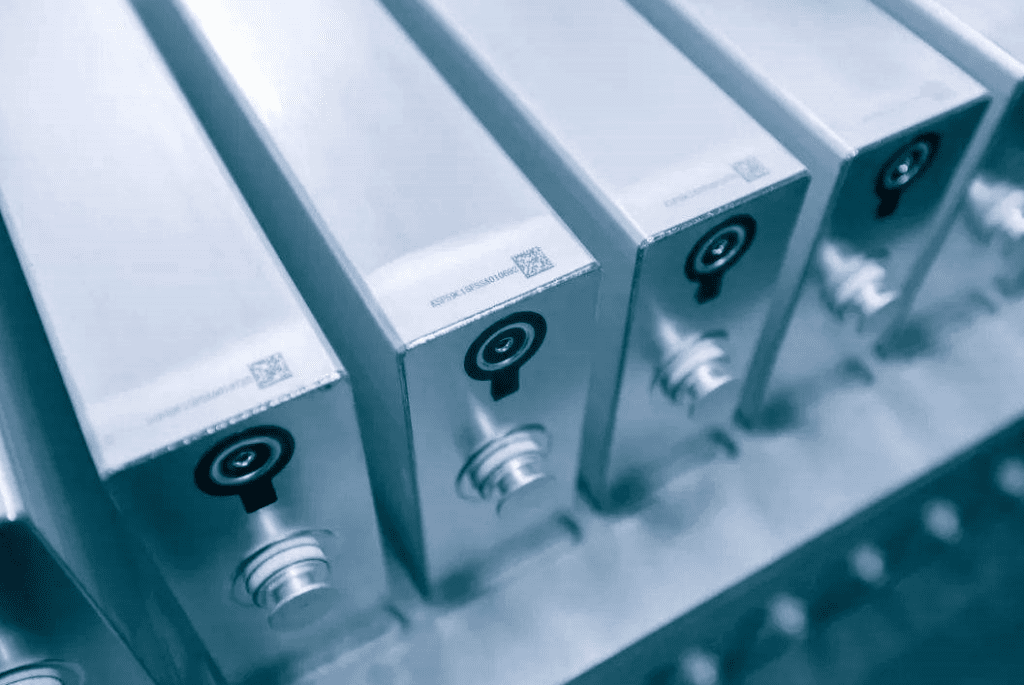Yes, you can insulate a lithium battery to help maintain its temperature and improve performance in extreme conditions. Insulation materials like foam, battery blankets, or specialized wraps can reduce heat loss, keeping the battery warm in cold weather. However, care must be taken to avoid overheating during warmer months.
Table of Contents
ToggleThe Importance of Insulating Lithium Batteries
Insulating lithium batteries is crucial for maintaining their efficiency and longevity, especially in environments with extreme temperatures. Lithium batteries, including lithium-ion and lithium iron phosphate (LiFePO4) types, are sensitive to temperature fluctuations. Proper insulation can help mitigate the risks associated with cold weather and enhance overall performance.
Benefits of Insulating Lithium Batteries
- Temperature Regulation: Insulation helps maintain a stable temperature by reducing heat loss in cold conditions. This is vital for optimal battery performance, as lithium batteries operate best within a specific temperature range.
- Enhanced Performance: By keeping the battery warm, insulation ensures efficient operation even in harsh weather conditions. This is particularly important for applications like electric vehicles and renewable energy storage systems.
- Extended Battery Life: Consistent temperature maintenance prevents stress due to extreme temperature fluctuations, thereby prolonging the lifespan of the battery.
Effective Insulation Methods
- Battery Blankets: These specially designed insulating covers fit snugly around the battery, helping to maintain a consistent temperature. Battery blankets are durable and flexible, making them easy to install and remove.
- Foam Insulation: Wrapping the battery in insulating materials like closed-cell polyethylene foam can significantly reduce heat loss. This type of insulation creates a thermal barrier that traps heat generated by the battery itself.
- Insulated Enclosures: Placing batteries inside insulated boxes or containers can further enhance temperature stability. These enclosures can be designed with additional features like ventilation or heating pads for extreme conditions.
- Thermal Pads: Using thermal pads that provide both insulation and heat retention can be beneficial, especially during charging cycles when batteries generate their own heat.
Considerations When Insulating Lithium Batteries
- Avoid Overheating: While insulation is beneficial for cold weather, it’s essential to monitor temperatures to prevent overheating during warmer months. Excessive heat can lead to reduced battery performance and safety hazards.
- Ventilation: Ensure that there is adequate ventilation if using insulated enclosures. This helps dissipate any excess heat generated during charging or discharging cycles.
- Material Selection: Choose insulation materials that are specifically designed for battery applications. Some materials may not withstand high temperatures or could degrade over time.
- Regular Monitoring: Use temperature sensors to monitor the internal conditions of insulated batteries. This allows for proactive management of potential overheating issues.
Latest News
- Recent innovations in battery insulation technologies have led to improved safety features that enhance the thermal stability of lithium batteries.
- Manufacturers are developing advanced materials that provide better insulation without adding significant weight or bulk to battery systems.
- New guidelines emphasize the importance of proper insulation practices for lithium batteries in electric vehicles to improve performance in colder climates.
- Industry experts recommend regular maintenance checks on insulated batteries to ensure optimal performance and longevity throughout seasonal changes.
Redway Expert Comment
“At Redway Battery, we understand the critical role insulation plays in maintaining lithium battery performance across varying temperatures. Proper insulation not only enhances efficiency but also extends the lifespan of our products. We encourage users to adopt effective insulation methods while remaining vigilant about monitoring temperatures to prevent overheating.”
Conclusion
Insulating lithium batteries is an effective strategy for enhancing their performance and longevity, particularly in extreme temperatures. By utilizing methods such as battery blankets, foam insulation, and insulated enclosures, users can maintain optimal operating conditions for their batteries. Careful consideration of material selection and regular monitoring will ensure that these energy storage solutions remain reliable and efficient throughout their lifespan.


